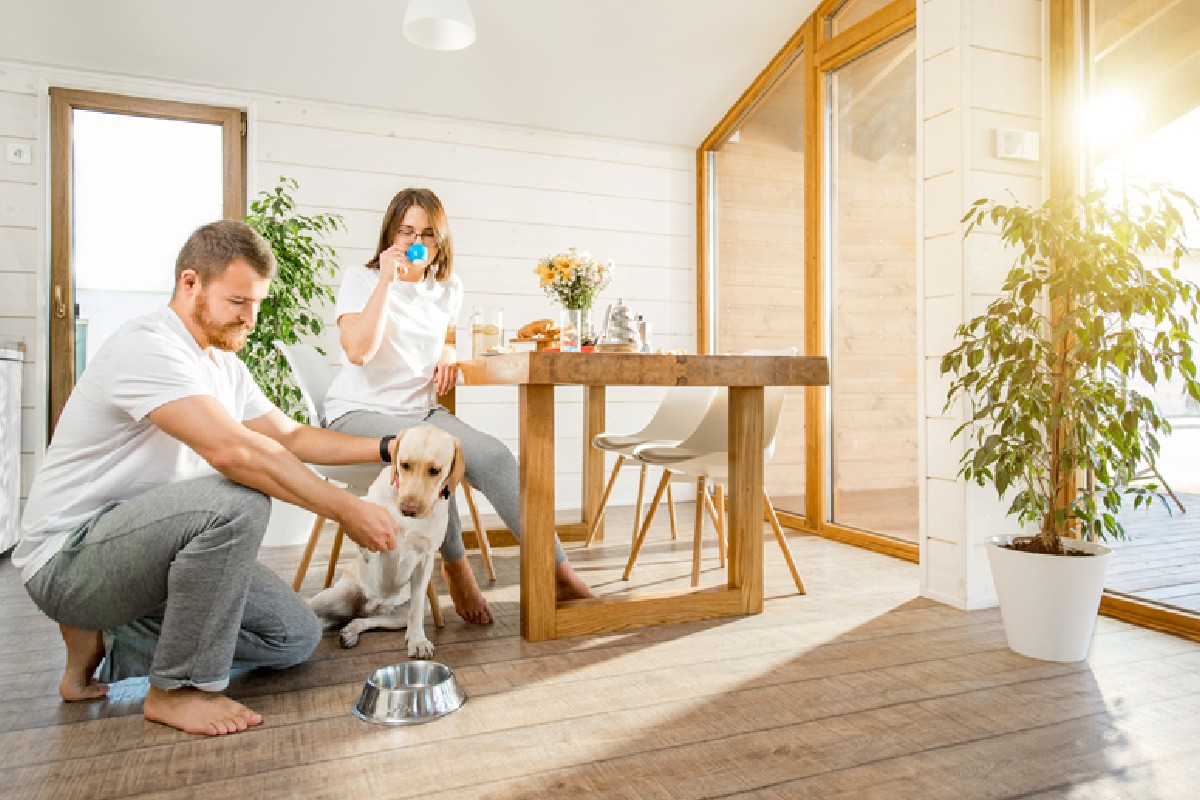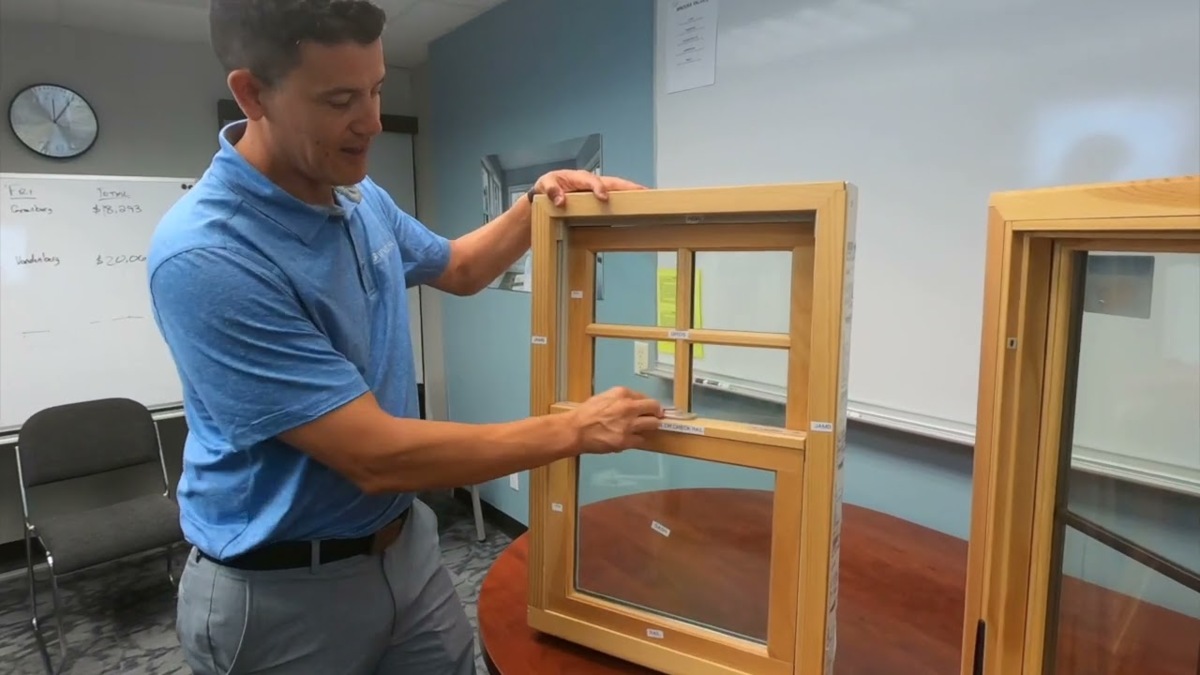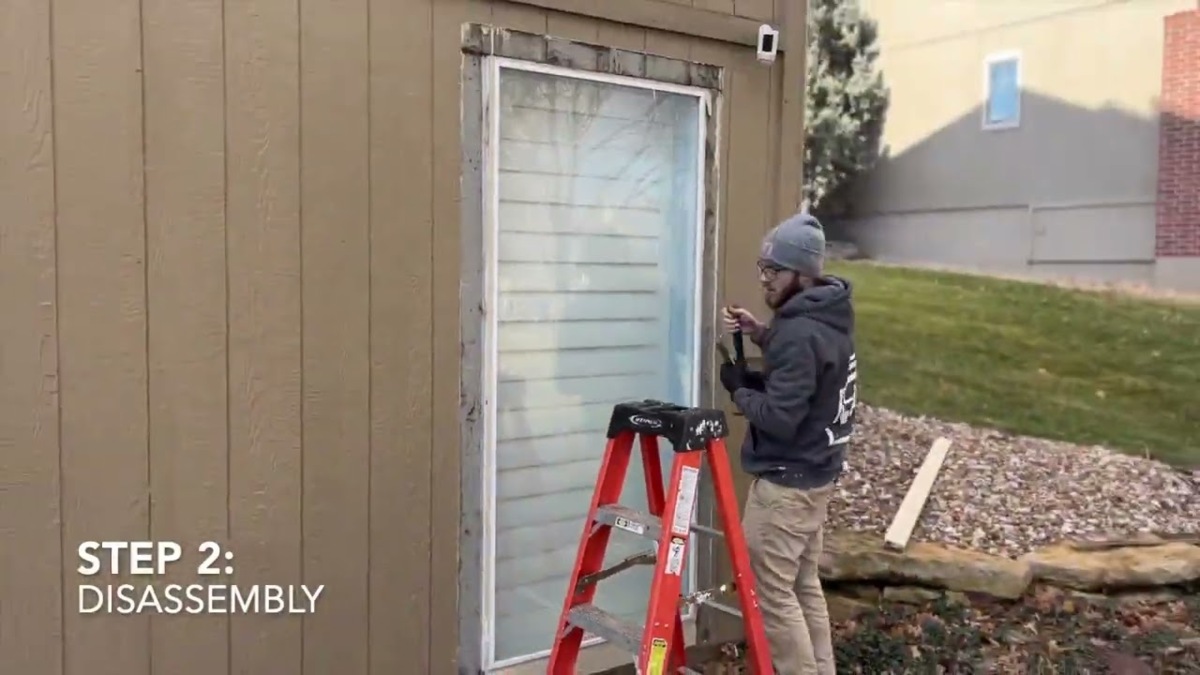The summer heat is unbearable. It’s hard to focus on anything when you’re uncomfortably hot indoors. So, you blast the air conditioning to cool down your home as much as possible. Then you get your AC bill, and it’s twice what you expected. Yikes.
Fortunately, there are a few things you can do to help keep your home comfortable this summer without breaking the bank. In this post, we’ll discuss the most common reasons homes heat up in the summer. We’ll also share tips to lower your air conditioner costs and stay cool indoors!
What Can Make Your Home Steamy During the Summer
When hot air seeps into your home, it can be a significant problem. The first step is to identify the source of the problem so you can take the right steps to fix it.
1. Leaky Ductwork Is Letting Out Your Conditioned Air
Air ducts are installed to transport cooled or heated air throughout the house. However, if these ducts are not properly sealed, conditioned air can escape and be replaced by warm outside air. This causes your air conditioners to work harder to maintain a comfortable temperature, driving up your air conditioning costs.
Check your ductwork regularly to see if it has leaks. Hire a professional for inspections, or you can check for leaks yourself. To do this, hold a piece of tissue paper near each joint and connection in the ductwork. If the tissue moves, there is likely a leak that needs to be fixed.
2. Poor Insulation Is Allowing Heat Into Your Home
Insulation is one of the best tools for resisting heat flow. However, for insulation to be effective, it needs to be installed correctly and in good condition. If your home is not adequately insulated, heat can enter through the walls and ceiling, making the indoor temperature uncomfortable.
You can have a professional check the insulation in your home to ensure it is up to par. You can also check the drywall in your attic to see if the insulation is doing its job. If the drywall or paneling feels damp, this is a sign that heat and humidity are getting into your home.
3. Cracks and Gaps Are Allowing Hot Air Inside
Another way heat can enter your home is through cracks and gaps in the walls, windows, or doors. Hot air from outside can seep through these openings, increasing indoor temperature and spiking your cooling costs.
To prevent heat gain in your home, ensure your windows and doors are properly sealed and insulated. Also, check your caulk and weatherstripping to ensure they’re in good condition.

7 Tips to Keep Your Home Cool This Summer
Now that we’ve gone over some of the ways warm air can enter your home, let’s discuss some tips to keep your home cool this summer!
There are a few things you can do to help keep your home comfortable all summer long without breaking the bank.
1. Keep Your Windows Sealed
Sealing your home away from the heat inside will help you keep it cool. Keep your windows closed during hot nights, and make sure the locks close for an airtight seal and to prevent leaks.
2. Stay on Top of Your Heating and Cooling Maintenance
You should have a professional service your heating and cooling system before summer begins. This will ensure your system operates correctly and can help prevent costly repairs later.
It would be best if you also cleaned or replaced your air filters regularly. Dirty air filters can cause your AC unit to work harder, which drives up energy costs.
3. Put Your Thermostat in the Right Place
You can reduce your energy bill by placing your thermostat correctly. It should be situated in a cool, shaded area away from heat-generating appliances.
Consider investing in a programmable thermostat. This type of thermostat lets you set different temperatures for various times throughout the day. For instance, you can schedule the temperature to be higher when you are away from home and lower while you are asleep.
4. Follow Smart Energy Habits
There are a few simple things you can do to help save energy costs and keep your home cool this summer. For example, you can:
- Install a ceiling fan to help circulate air in your home. Set the ceiling fan to rotate counterclockwise to push hot air up and out of the room.
- Use heat-generating appliances, like the oven or dryer, during cooler hours such as early morning or late evening.
- Take advantage of natural ventilation by opening windows and doors when the outside temperature is cooler than the inside temperature.
5. Seal Any Leaks
Hot air can enter your home through leaks in your ductwork. If you think there might be leaks, the first step is to have a professional check your ducts. After finding the leaks, you can seal them with mastic sealant or metal tape.
Sealing your ducts can enhance the efficiency of your heating and cooling systems while lowering your energy costs. Additionally, check your insulation to ensure it meets standards. Remember these two primary types of insulation:
- Roll-out batts or blankets are typically made from fiberglass or mineral wool. They come in pre-cut lengths that fit between the wall studs.
- Loose-fill or blown-in insulation is made from fiberglass, cellulose, or mineral wool. This type of insulation is installed with a special machine that blows it into your walls.
Both types of insulation are effective, but loose-fill/blown-in insulation is better for areas that hard to access or have irregular shapes.
6. Apply Window Treatments
Another way to keep your home cool is to use window treatments. Shades, blinds, and curtains can help block out sunlight and prevent heat from entering.
Choose bright window shades that reflect sunlight away from your home. This helps keep your home cooler. You can use sun-blocking curtains to lower indoor temperatures and sun-blocking window films to reduce heat in the afternoons. Close your blinds during the day to prevent the sun from warming your home. Open them at night to let cool air flow through the house.

7. Replace Old Windows and Doors
If your windows are older, these tips may not be sufficient to keep hot air out. You might want to think about replacing them with high-quality, durable, insulated models from a trusted installer. This upgrade will improve energy efficiency and help your home feel as good as it looks.
Modern windows and doors create a strong barrier against air leaks. This keeps hot air from entering your home and helps lower your energy bill.
Feel Comfortable in Your Home Again with Windura
There are many ways to keep your home cool during the summer. You can enjoy a comfortable home without breaking the bank by following the tips we’ve provided. If you’d like to get your faulty doors and windows replaced ahead of the summer, try Windura!
At Windura, we help families protect their homes while making them more comfortable year-round. We have helped countless families achieve this and can do the same for you. Schedule a free in-home consultation with us today to get started!






